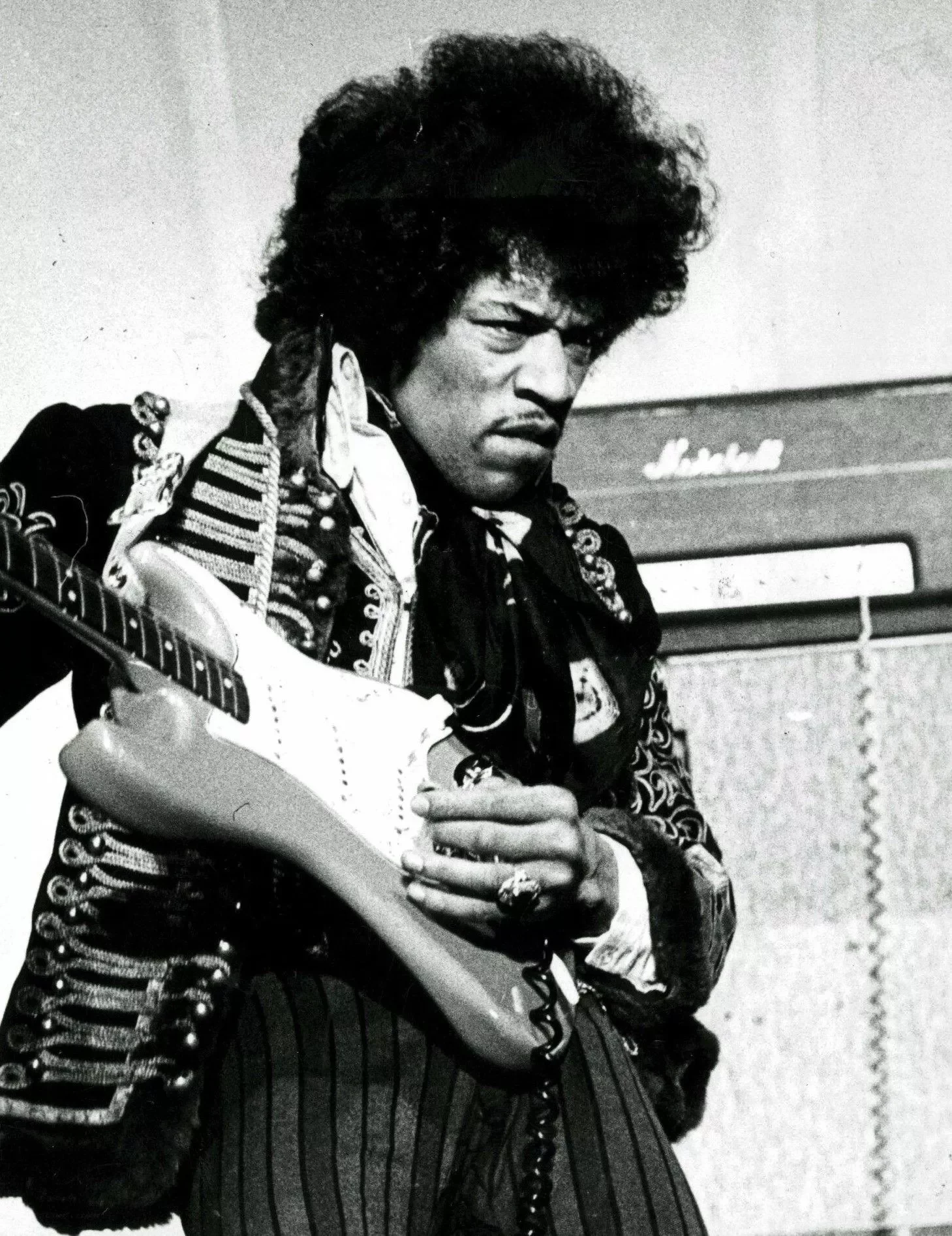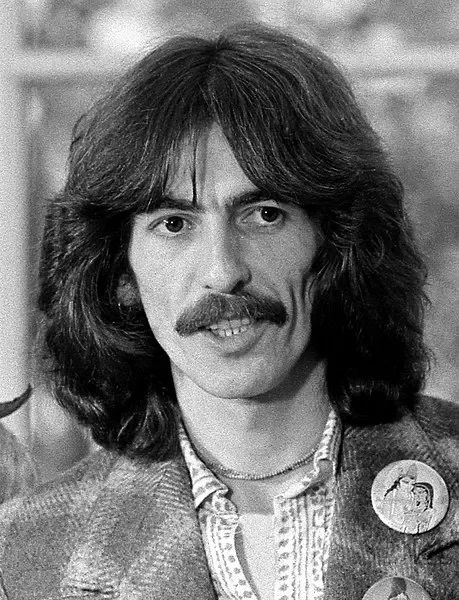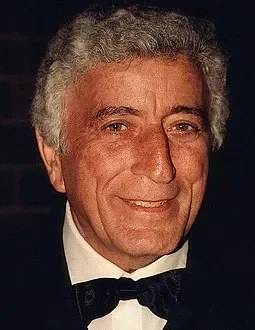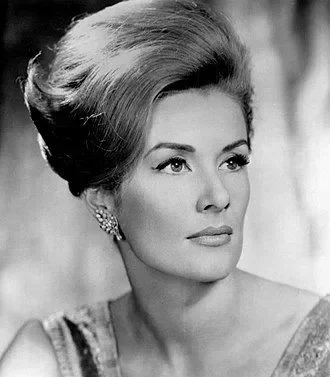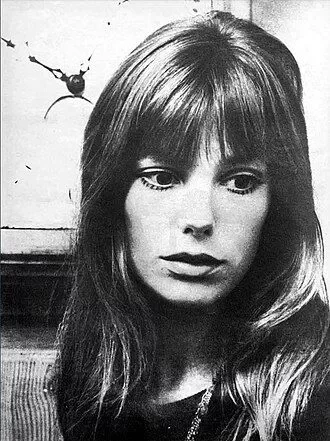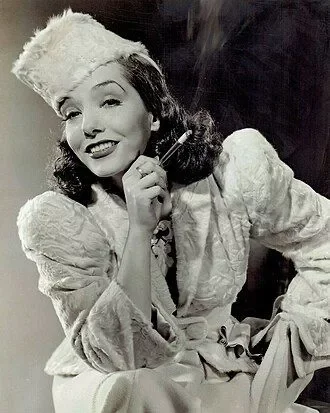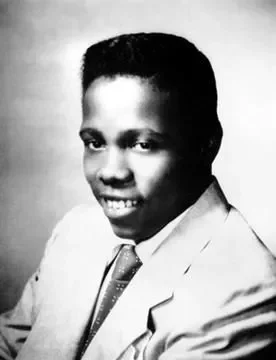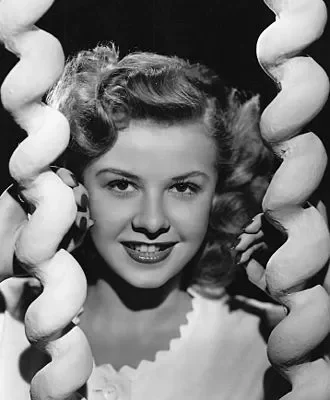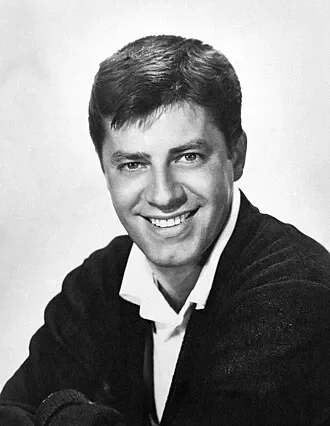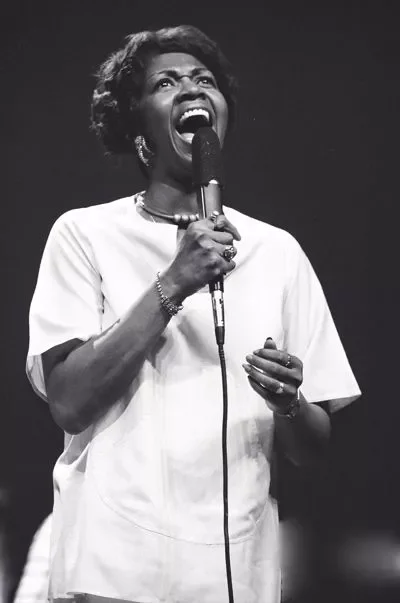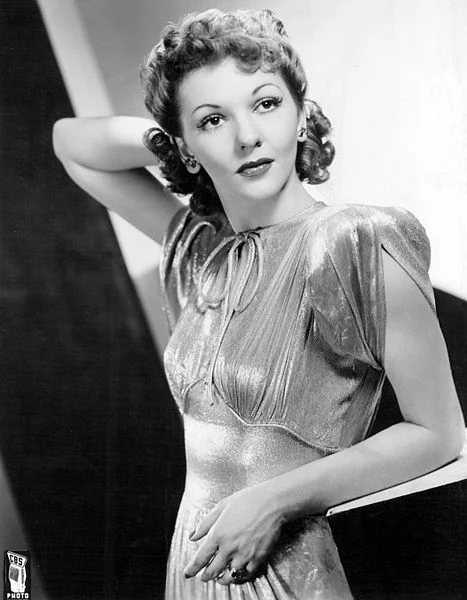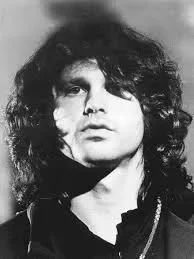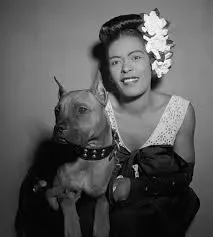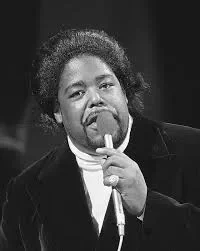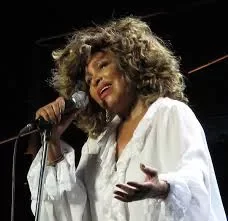Real Celebrities Never Die!
OR
Search For Past Celebrities Whose Birthday You Share
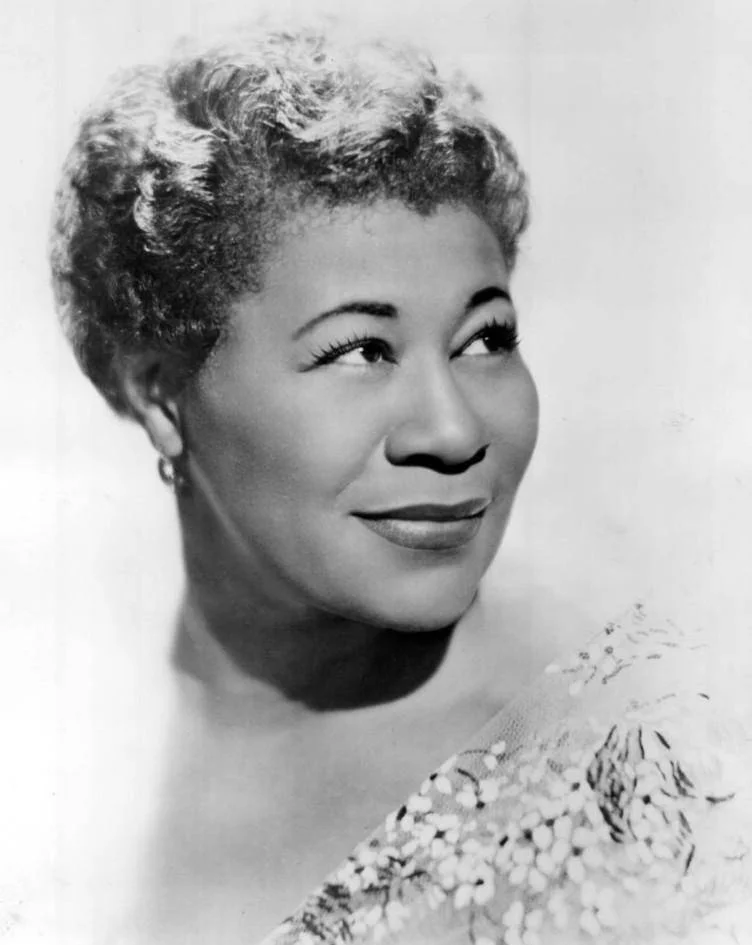
source: wikipedia.org
Ella Fitzgerald
Birthday:
25 Apr, 1917
Date of Death:
15 Jun, 1996
Cause of death:
Stroke
Nationality:
American
Famous As:
Singer
Age at the time of death:
79
Ella Fitzgerald's Quote's
Early Life and Challenges
Ella Fitzgerald, born on April 25, 1917, in Newport News, Virginia, grew up to become one of the most influential jazz singers of the 20th century. She moved with her mother to Yonkers, New York, when she was a child. Her early years were marked by hardship as she faced poverty, racism, and abuse. Despite these challenges, Ella found joy in music, often singing and dancing with her friends. She regularly attended performances at the Apollo Theater in Harlem, where her passion for music deepened.
Personal Tragedy and Resilience
Fitzgerald’s childhood took a tragic turn when her mother died in a car accident. Shortly after, her stepfather passed away due to a heart attack. These losses pushed her into a downward spiral, and she spent some time in a reformatory school. However, Ella did not let these hardships define her. She remained determined to pursue her love for music, using her pain as motivation to move forward.
A Life-Changing Opportunity at the Apollo Theater
In 1934, Ella’s life changed forever when she won a talent contest at the Apollo Theater in Harlem. Her stunning performance caught the attention of saxophonist and arranger Benny Carter, who recognized her raw talent. With Carter’s encouragement, Ella began participating in and winning more talent shows, opening doors to bigger opportunities. This recognition eventually led her to join the Chick Webb Orchestra, marking the start of her illustrious career in jazz.
Rise to Stardom with the Chick Webb Orchestra
Ella Fitzgerald quickly became the lead vocalist of the Chick Webb Orchestra. In 1938, she gained widespread fame with her first hit, ‘A-Tisket, A-Tasket’. The song’s success made her a household name and solidified her place in the jazz world. When Chick Webb passed away in 1939, Ella took over as the bandleader, an uncommon feat for a woman at the time. She continued to thrive as a solo artist, taking her career to new heights.
Collaborations and the “Songbook” Series
Fitzgerald’s career took a significant leap in the 1950s when she began working with jazz impresario Norman Granz. Under his management, Ella produced her famous “Songbook” series, from 1956 to 1964. These albums celebrated the works of iconic composers like Cole Porter, Duke Ellington, and George and Ira Gershwin. The “Songbook” series became one of her most acclaimed projects, showcasing her versatility and skill as an interpreter of jazz and popular standards.
Unique Vocal Style and Legacy
Ella Fitzgerald was renowned for her impeccable vocal range, improvisational brilliance, and mastery of scat singing. Her ability to improvise and create dynamic performances made her a trailblazer in jazz. Fitzgerald’s groundbreaking work won her numerous accolades throughout her career, including 14 Grammy Awards, making her one of the most awarded jazz artists of all time. In 1987, she received the prestigious Presidential Medal of Freedom in recognition of her outstanding contributions to American music.
Health Issues and Later Life
In her later years, Fitzgerald’s health began to decline due to complications from diabetes. The disease affected her vision and mobility, forcing her to slow down her performances. Despite her health struggles, Ella continued to perform until the early 1990s. Sadly, she passed away on June 15, 1996, at the age of 79, leaving behind a monumental legacy in music.
Conclusion: A Lasting Legacy
Ella Fitzgerald’s life was a testament to resilience, talent, and passion. From a troubled childhood to the heights of stardom, she overcame countless obstacles to become one of the greatest jazz singers in history. Her contributions to music, particularly jazz, continue to inspire musicians and audiences alike. Ella’s powerful voice and groundbreaking achievements remain an enduring part of the world’s musical heritage.
Name:
Ella Fitzgerald
Popular Name:
Ella Fitzgerald
Gender:
Female
Cause of Death:
Stroke
Spouse:
Place of Birth:
Newport News, Virginia, U.S.
Place of Death:
Beverly Hills, California, U.S.
Occupation / Profession:
Personality Type
Entertainer: Ella Fitzgerald was a shy person but she loved performing so much that she was able to come out of her comfort zone.
Marilyn Monroe helped Ella Fitzgerald get a job at a popular nightclub in the 1950s.
She gained traction for her unique adaptation of “A-Tisket, A-Tasket”.
She was the first African American woman to win a Grammy Award.
Ella Fitzgerald was awarded with the Bing Crosby Lifetime Achievement Award in 1967.
Fitzgerald received the Presidential Medal of Freedom.
She received her star on the Hollywood Walk of Fame.
She received the George Peabody Medal for Outstanding Contributions to Music in America in 1983.
She was awarded the National Medal of Art in 1987.
She was inducted into the Down Beat Jazz Hall of Fame in 1979.
She was inducted into the National Women’s Hall of Fame in 1995.
She was named Hasty Pudding Woman of the Year from Harvard in 1982.
She won 14 Grammy Awards during her lifetime.
Six of her recordings have been inducted into the Grammy Hall of Fame.

